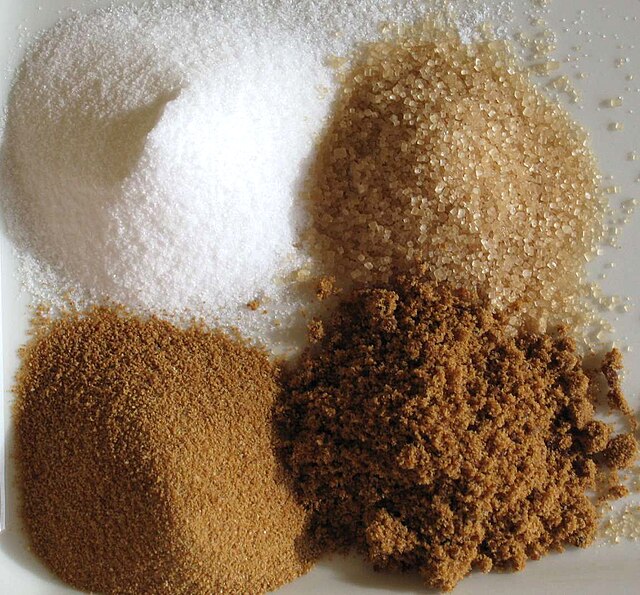Infinite photos and videos for every Wiki article ·
Find something interesting to watch in seconds
Largest Palaces
Celebrities
Wars and Battles
Tallest Buildings
Kings of France
Largest Empires
Richest US Counties
Crown Jewels
Great Museums
Best Campuses
Great Cities
History by Country
Rare Coins
Orders and Medals
Great Artists
Wonders of Nature
Animals
Recovered Treasures
Presidents
Famous Castles
Supercars
World Banknotes
Countries of the World
British Monarchs
Ancient Marvels
Sports
more top lists






